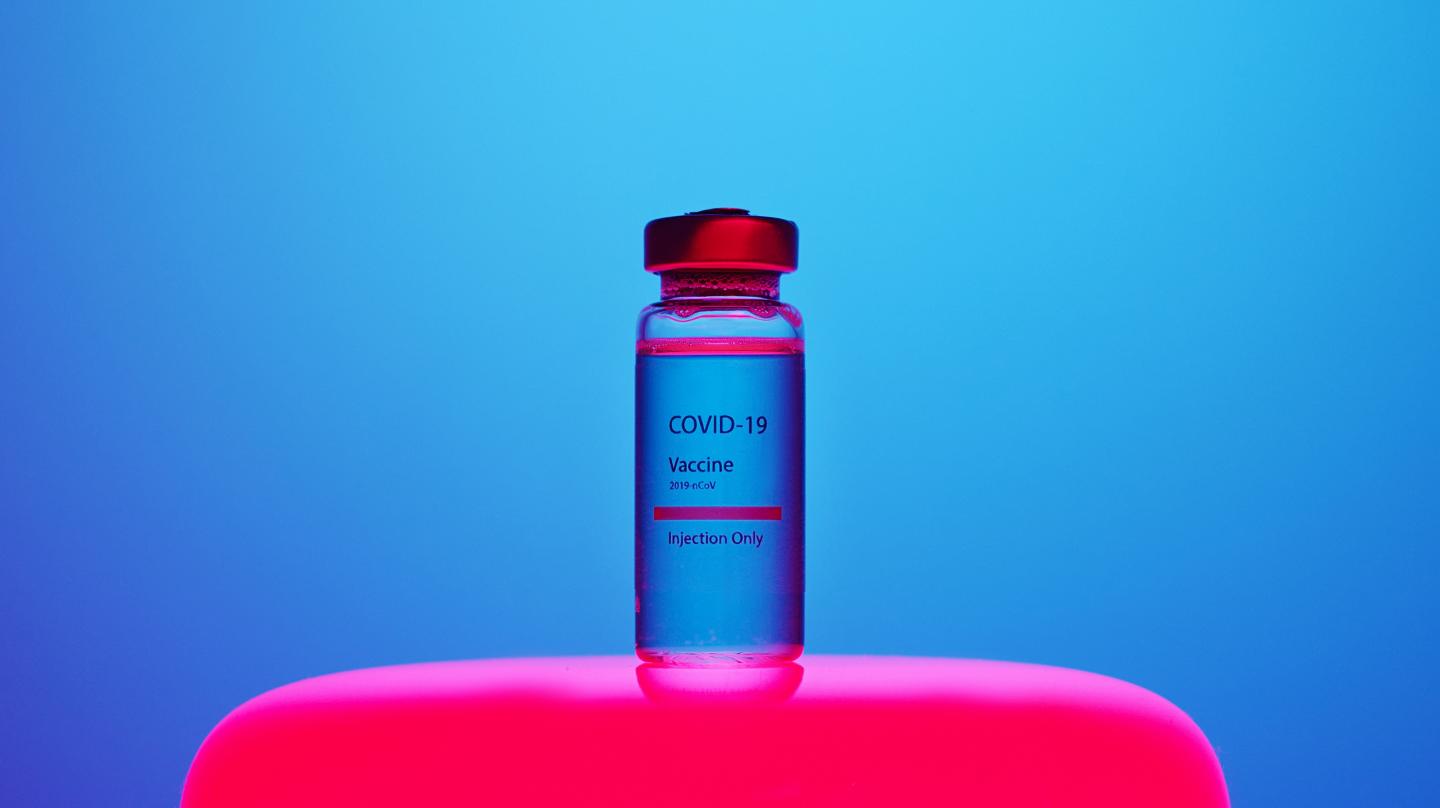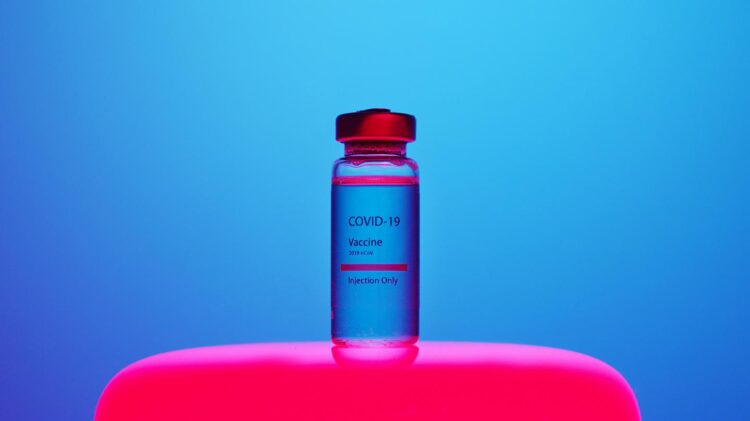Among the reasons given by health personnel for not wanting to be immunized, fears about the vaccines’ safety and the potential side effects stood out

Credit: (Photo: Artem Podrez_Pexels)
Approximately 8 out of every 10 health professionals in Spain are willing to be vaccinated against COVID-19, according to a study led by researchers from the Universitat Oberta de Catalunya (UOC). Published in the open-access journal Vaccines, the study assessed for the first time this population segment’s willingness to be vaccinated against SARS-CoV-2 and concluded that the level of acceptance is higher among physicians than among nursing staff. Among the reasons given by health personnel for not wanting to be immunized, fears about the vaccines’ safety and the potential side effects stood out.
Although vaccination is considered to the most effective method for preventing and eradicating viral infections and stopping their transmission, a significant percentage of the population is sceptical about the role played by these preventive drugs in immunity. One of the consequences of this has been a drop in the number of vaccinated people, leading to outbreaks of diseases that were controlled or even eradicated, such as measles. In fact, the growth of anti-vaccine groups led the World Health Organization (WHO) to include resistance to vaccination as one of the 10 global threats of 2019.
One of the main channels for propagating fake or scientifically unfounded information against vaccines are social media, including Instagram, Facebook, TikTok, Telegram and Twitter. In view of this, the researchers, led by Hans Eguia, a doctoral student enrolled on the UOC’s doctoral programme in Health and Psychology, recruited 1,002 volunteers from Twitter between 10 September and 23 November 2020, most of them healthcare workers, and asked them to complete a questionnaire in which they were asked whether or not they would accept the vaccine and why.
Of the 731 people who were Spanish, 164 answered that they would not receive the vaccine. Of these, 17.5% were physicians, 35% were nursing staff and 31.5% were other healthcare professionals. Among the main reasons given for not vaccinating, they mentioned concerns about a possible lack of effectiveness, a lack of safety and possible adverse side effects.
“It is an extraordinary thing that the vaccines have been developed in less than a year. This has never happened before and it may give grounds for scepticism, even among some health professionals,” explained Francesc Saigí, professor of Health Sciences at the UOC and a researcher at the I2TIC research group, which led the study.
“However, we can be sure that all the approved vaccines are safe. The fact that they been developed in such a short time is because they have received an enormous amount of resources. The criteria applied by the regulatory agencies in approving medicines are very strict,” he added.
The results were obtained when the second wave was just starting in Spain and the vaccines’ phase III clinical trials had not yet been completed. “There were no data and this perhaps might explain why some health professionals preferred to wait until more information was available. Perhaps if we repeated the survey today, the results would be different,” suggested Marina Bosque, a researcher at the GRESP research group (University of Manresa, UOC).
The paper’s authors consider that the fact that twice as many nursing staff as medical staff were unwilling to be vaccinated is worrying, because “they are the people who are closest to the patients and, therefore, more likely to influence their opinion, as is already the case in the flu vaccination campaigns,” Saigí observed.
Although the study was carried out with a small sample before vaccination started, the authors believe that the results are a warning bell that shows that more interventions are needed to improve communication with the public in general and with health professionals in particular. Previous studies have shown that when people have doubts about vaccines, the reluctance diminishes and tends to disappear if they are given clear, powerful messages. A second study is in progress to determine the opinion and willingness to be vaccinated among the general population and health professionals, now that the vaccination process is in full swing.
“By understanding the reasons why people do not want to be vaccinated, especially health personnel, it will be possible to design communication and education strategies and even use social media to settle doubts, improve the vaccination rate and, ultimately, achieve the desired herd immunity effect,” the authors concluded.
###
This UOC research supports Sustainable Development Goals (SDGs) 3, on good health and well-being, and 10, on reduced inequality.
Reference paper:
Eguia, H.; Vinciarelli, F.; Bosque-Prous, M. et al. (2021). “Spain’s Hesitation at the Gates of a COVID-19 Vaccine”. Vaccines 9, 170.
https:/
UOC R&I
The UOC’s research and innovation (R&I) is helping overcome pressing challenges faced by global societies in the 21st century, by studying interactions between technology and human & social sciences with a specific focus on the network society, e-learning and e-health. Over 500 researchers and 51 research groups work among the University’s seven faculties and two research centres: the Internet Interdisciplinary Institute (IN3) and the eHealth Center (eHC).
The United Nations’ 2030 Agenda for Sustainable Development and open knowledge serve as strategic pillars for the UOC’s teaching, research and innovation. More information:research.uoc.edu. #UOC25years
Media Contact
Sònia Armengou
[email protected]
Original Source
https:/
Related Journal Article
http://dx.





